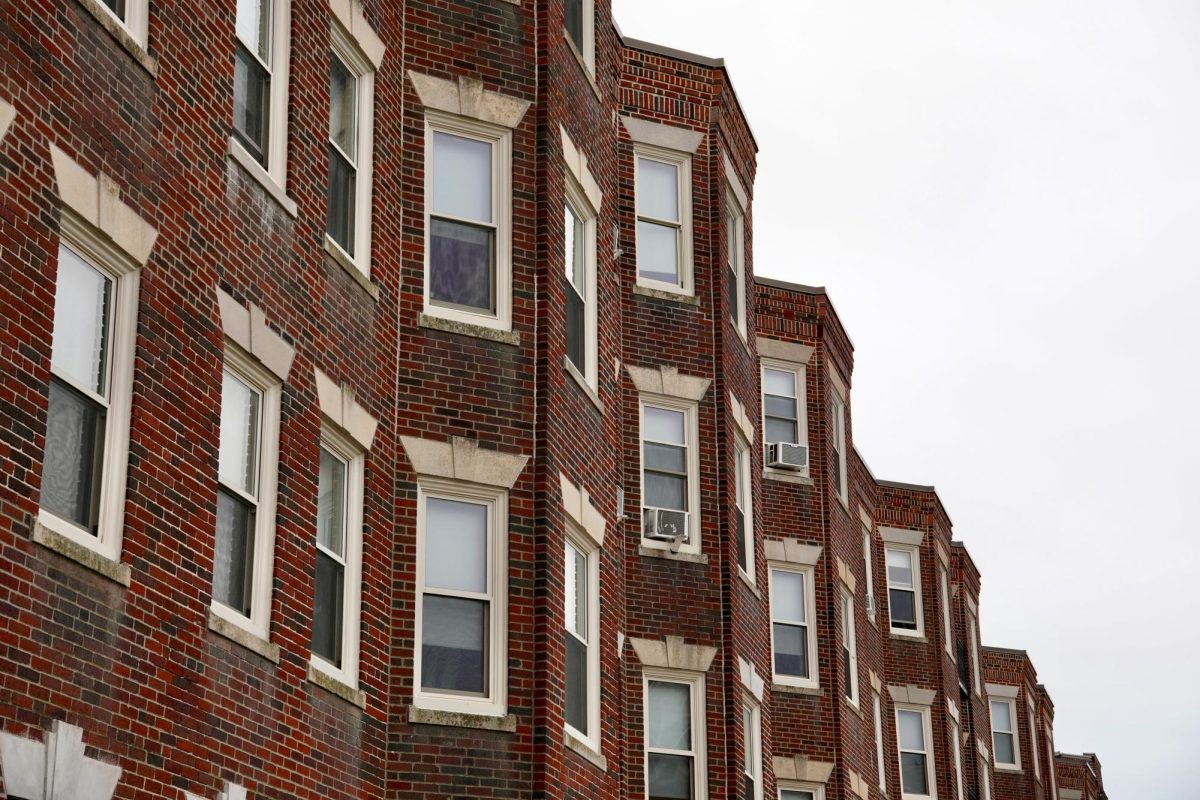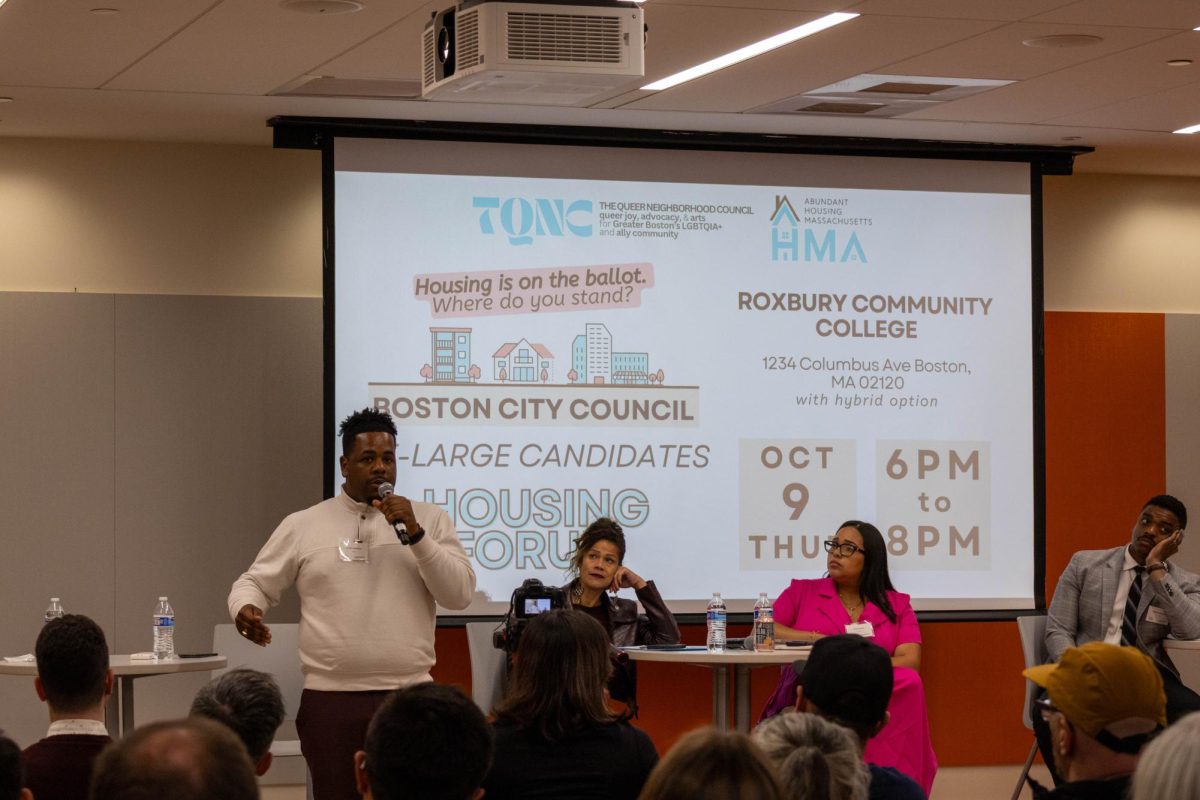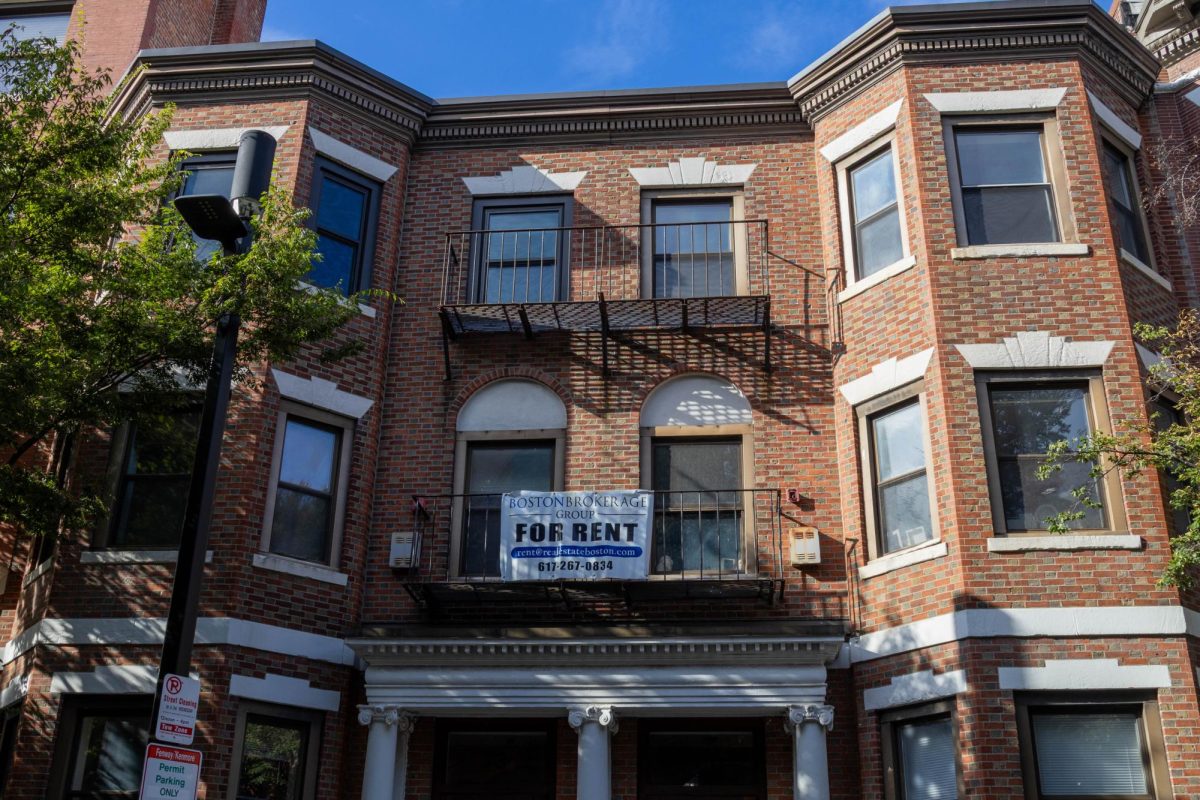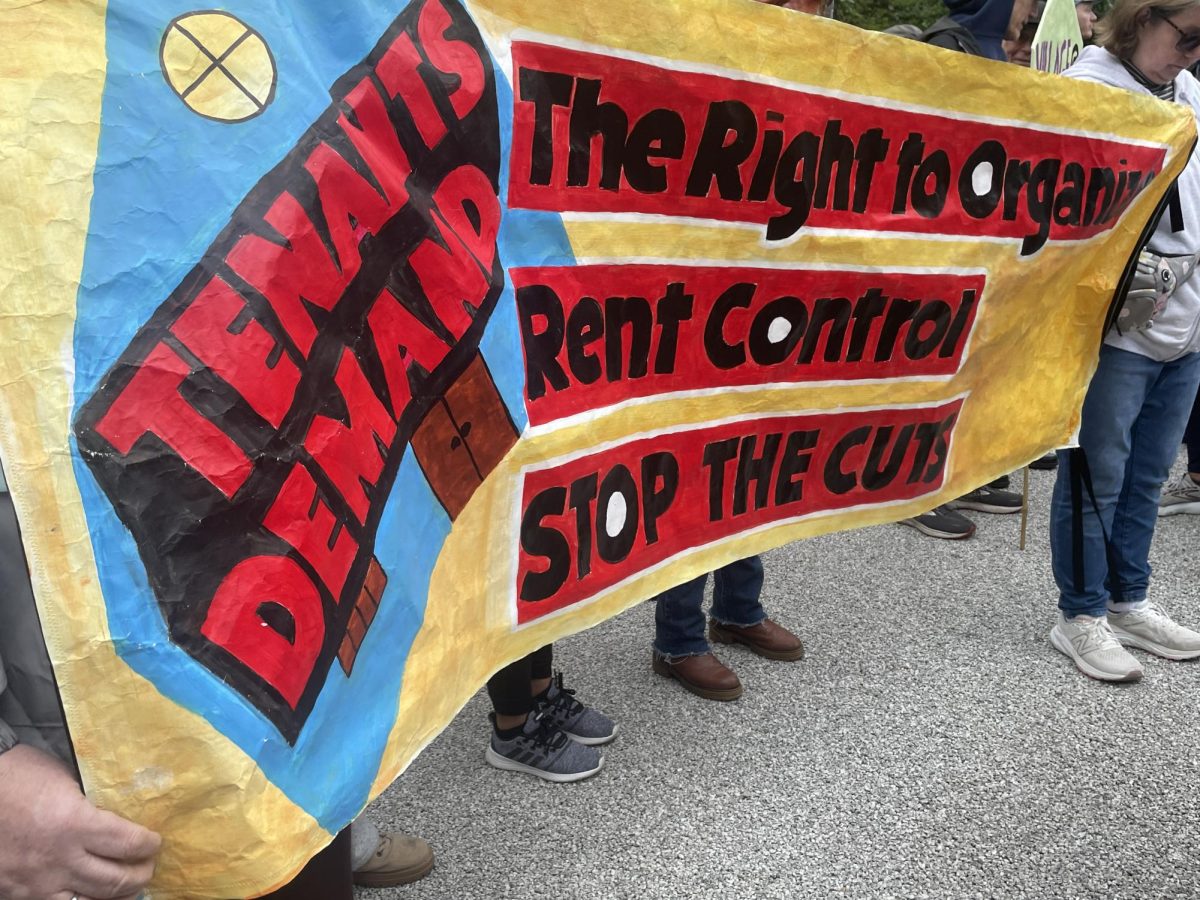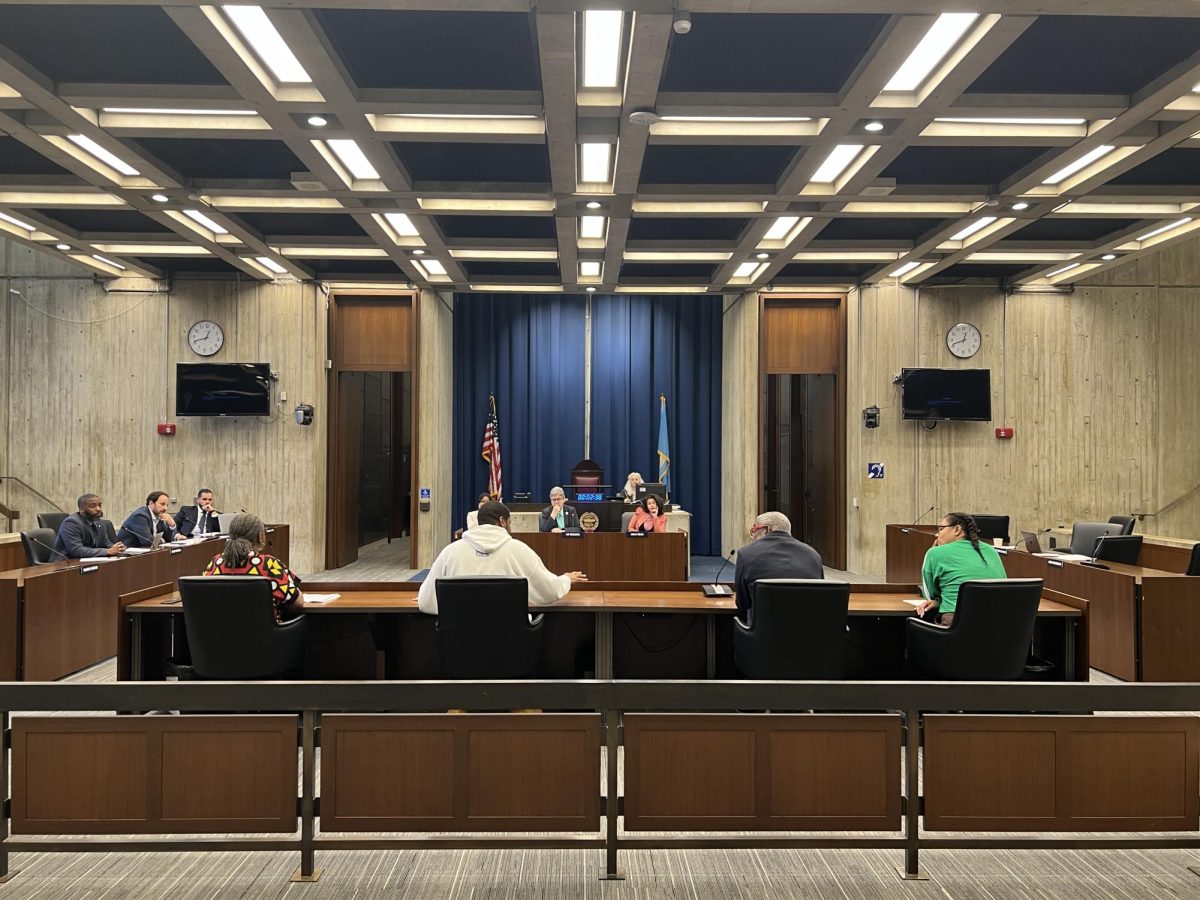Boston renters are no longer responsible for paying broker fees thanks to a new state law that may make moving more affordable amid the city’s pressing housing crisis.
Prior to Aug. 1, when the law took effect, real estate professionals charged tenants “broker fees” for services that are primarily provided to a landlord. These fees are often equivalent to one month’s rent. Add on the other typical move-in costs — renters are generally asked to pay their first month’s rent, last month’s rent, a security deposit (which is usually also equivalent to one month’s rent) and the broker fee — and a potential tenant’s upfront cost is brought up to around four months’ rent — a price many people can’t afford to pay.
Now the law for Massachusetts renters reflects what is common in most service-based industries: whoever hires the broker service is required to pay for it.
This legislation, outlined in a budget bill, eliminates a steep cost for tenants and a major barrier to finding a place to live. Renters still have to pay initial fees, but unless they hire a broker themselves, tenants are free from this unnecessary cost.
“All renters are going to benefit from this,” said Mark Martinez, a housing staff attorney at the Massachusetts Law Reform Institute. “We all know the cost of living in Boston is astronomical, but the upfront moving costs are really just so prohibitive for so many people … It doesn’t make rent more affordable, but it does make moving around in the city, a city that is very transitory, a little bit easier.”
Massachusetts was the last state in the country to create a law preventing landlords from forcing tenants to pay broker fees. New York’s Fairness in Apartment Rental Expenses (FARE) Act took effect earlier this year, and while some critics cite higher rent as a symptom of the law, experts say it does more good than harm.
“If we never banned broker fees in Massachusetts, for the vast, vast majority of renters, their rent was going up next month anyway,” said Martinez. “So I think it’s really disingenuous, in the market that we exist in, to say that this law is the reason why rent is going up, when folks’ rents were going up anyway.” Martinez also said that it is easier for most people to spread out this cost over 12 months, rather than having to pay it all at once.
Broker fees had the potential to trap Boston residents into rents they can barely afford. When landlords raised rents, even if tenants found a cheaper apartment, they still needed thousands of dollars saved up to move in.
“You get stuck in these units that you can’t afford because the cost of moving to even a cheaper unit is prohibitive,” Martinez said.
With this new law, tenants have gained more bargaining power.
“If you have the ability to move, then you may be able to push back when a landlord won’t maintain the building or says, ‘I’m going to raise the rent,’” said Todd Kaplan, a senior attorney in the consumer rights unit of Greater Boston Legal Services.
Boston is undoubtedly in a housing crisis. There isn’t enough housing for the city’s population, and there are even fewer affordable places to live. Currently, the standard price for a one-bedroom apartment in the city is $3,522, more than double the national average for a similar-sized space, according to Apartments.com.
This law provides real material relief, but does not address the underlying issues of extremely high rent prices and a lack of housing options.
“The broker fee law change is important to help increase people’s mobility, but it doesn’t address the underlying factor that’s driving displacement, the real lack of homes for people of all income levels in all walks of life,” said Jesse Kanson-Benanav, the executive director of Abundant Housing Massachusetts.
Removing broker fees for renters doesn’t solve Boston’s housing problems, but it’s a statewide step in the right direction. The city has strategies to address the lack of housing, beginning inclusionary zoning initiatives and creating a Boston Acquisition Fund to preserve housing affordability. As residents move closer to municipal elections, housing is an issue that is top of mind for many voters.
“Lawmakers moved on this very quickly, and that is a really big win for tenants,” said Kaplan. “It shows that politicians are paying attention to this problem. It doesn’t solve all of the problems that tenants are facing, but it shows that the housing crisis is real and tenants are being listened to.”
Kanson-Benanav described a statewide poll done by Abundant Housing Massachusetts where Massachusetts voters were asked what the top issue facing the Commonwealth today is. He said most people responded with housing-related concerns.
“Housing is a very salient issue, both in this year’s municipal election in Boston and other cities that have elections this fall, when we get into the state elections in 2026, I don’t think it will go away,” Kanson-Benanav said. “This law is an important change. I’m hopeful that it will just help drive the conversation about other innovative strategies we can take to address our housing crisis.”


